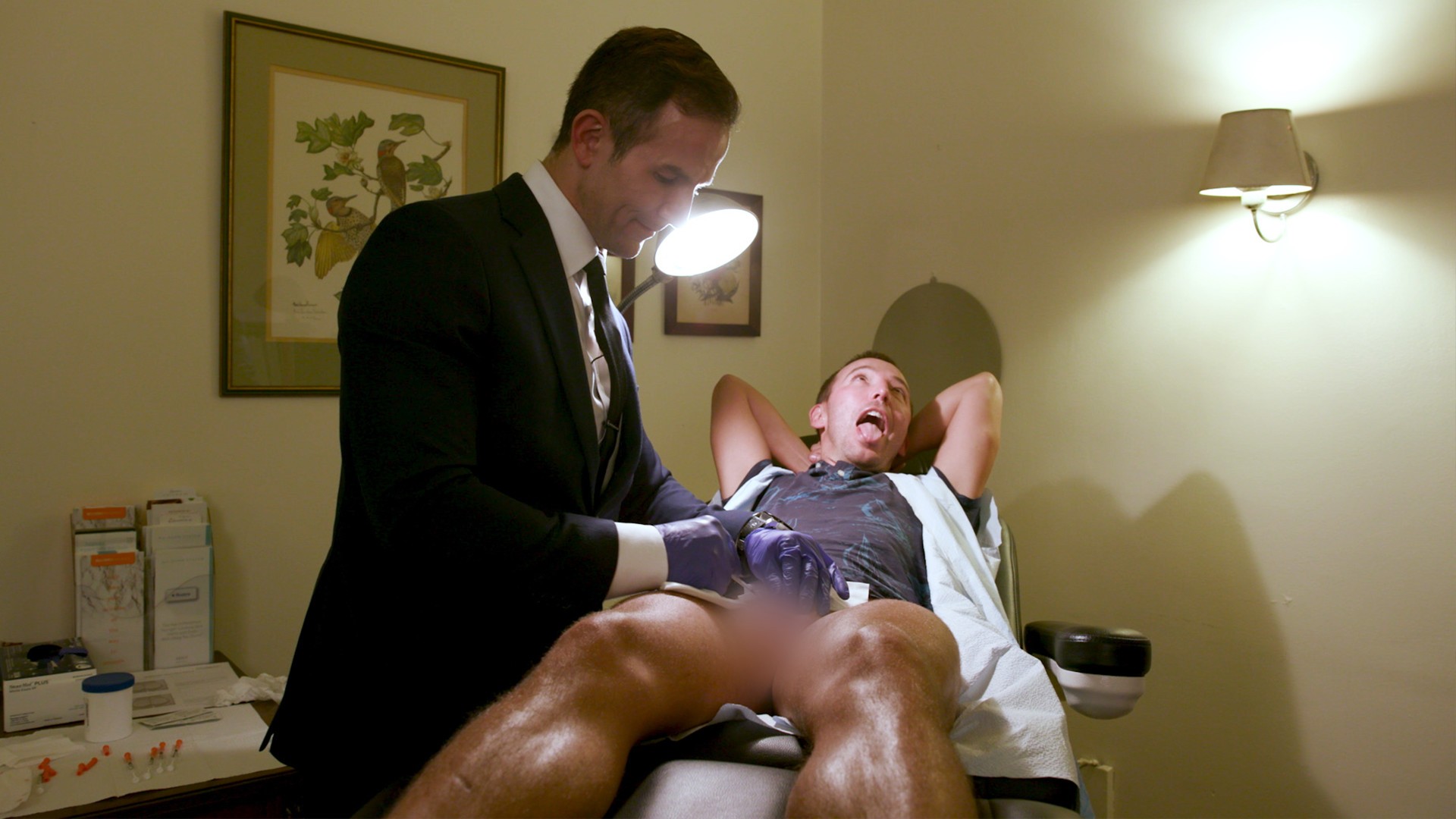Getty Images
How many Americans haven’t had sex in the past year? Go ahead—take a guess.If you’re like most people, you probably thought that the number was pretty low. According to a new study published in the Archives of Sexual Behavior, however, sexlessness is probably more common than you think.In the study, researchers looked at 14 years worth of data from the General Social Survey, a nationally representative US survey that’s conducted annually. This yielded a massive sample of 17,744 adults aged 18 to 89.As part of this survey, each participant was asked how many sex partners they’d had in the past year as well as the past five years. Those who indicated no partners were categorized as having been “sexless” for that time period. Respondents were also asked to report on their current levels of happiness.It turned out that 15.2 percent of men and 26.3 percent of women did not have sex in the past year. Put another way, about 1 in 7 guys and 1 in 4 women went without sex for at least 12 months.A majority of the folks who didn’t have sex last year hadn’t done it in the past five years, either. Specifically, 8.7 percent of men and 17.4 percent of women reported multi-year sexlessness. This tells us that these folks’ sex lives weren’t just on pause temporarily—for most of these people, sexlessness had become part of their lifestyle.Intuitively, you’re probably guessing that a lack of sex would be linked to lower levels of happiness because people tend to be happier when they’re getting some, right? Surprisingly, that wasn’t the case. Levels of happiness were roughly the same for both men and women regardless of whether they were having sex.
More from Tonic:
I’d be cautious about drawing too many conclusions from this finding, though, especially given that other studies (see here and here) have found that sex tends to make people happier. I suspect this discrepancy stems from differences in the methods used across studies. Let me explain: In the new study, researchers simply looked at whether being sexless or not was associated with happiness. By contrast, most previous studies have focused on how the overall frequency of sexual activity is linked to happiness.Comparing just two broad categories (i.e., sex versus no sex) could generate misleading conclusions because not everyone who is sexually active is going to be equally content with the amount of sex they’re having. For instance, can we assume that someone who’s having sex once per year is just as happy as someone who’s doing it once per week? Probably not. When you simply put everyone who’s having sex in one group and take the average of their happiness ratings, it’s unclear how meaningful that number is going to be. Just because you’re having sex doesn’t mean your sex life is good.The other thing to be mindful of here is that it’s not fair to assume that being sexless is an unwanted thing for everyone. Some people are asexual and, for others, sex just isn’t a big deal to them. These folks may choose to be sexless, which makes them very different from people who aren’t having sex because of life circumstances, such as being recently widowed or having a spouse who has lost interest in sex.In short, if you really want to understand the link between sex and happiness, you can’t just look at whether people are sexually active or not; instead, you need to look at whether people are getting the amount of sex they want. This means, for example, that sexless people are only likely to take a happiness hit when being sexless is an undesirable state. It also means that you can be having sex a lot, yet still be unhappy because you wish you were doing it more.One other interesting thing about this study was that the researchers looked at the factors that predicted being sexless. Not surprisingly, for men and women alike, being older and being unmarried were linked to reporting no sex.In addition, among men, but not women, contributing a lower share of the total household income (specifically, less than 20 percent) was linked to sexlessness. By contrast, for women only, being dissatisfied with their financial situation was linked to no sexual activity. We can’t say for sure why, but these findings suggest that financial stressors could potentially affect men’s and women’s libidos in different ways.For example, perhaps when men feel they aren’t contributing enough money, this lowers their sense of “manliness” or masculinity, which ultimately depresses their sex drive. For women, however, their relative contribution to the family finances might not have much impact on them, whereas the stress of living paycheck to paycheck takes a bigger psychological toll.Interestingly, psychosocial factors in general were more strongly related to female sexlessness. In addition to financial dissatisfaction, having very low income, poor health, not having children, and having conservative sexual attitudes were linked to female (but not male) sexlessness.It’s important to note that “sex” wasn’t defined for participants in this study and we know there’s a lot of variability in what people “count” as having sex. This means that we don’t know for sure whether the no-sex group was completely abstinent (e.g., maybe they weren’t having intercourse, but they were still having oral sex).Even so, these findings suggest that there are probably more adults who aren’t having sex that most of us assume and, further, that being sexless doesn’t necessarily mean you’re leading an unhappy life.Justin Lehmiller is a research fellow at The Kinsey Institute and creator of the blog Sex and Psychology. His forthcoming book is Tell Me What You Want: The Science of Sexual Desire and How It Can Help You Improve Your Sex Life. Follow him on Twitter @JustinLehmiller.Sign up for our newsletter to get the best of Tonic delivered to your inbox weekly.
Advertisement
More from Tonic:

I’d be cautious about drawing too many conclusions from this finding, though, especially given that other studies (see here and here) have found that sex tends to make people happier. I suspect this discrepancy stems from differences in the methods used across studies. Let me explain: In the new study, researchers simply looked at whether being sexless or not was associated with happiness. By contrast, most previous studies have focused on how the overall frequency of sexual activity is linked to happiness.
Advertisement
Advertisement
